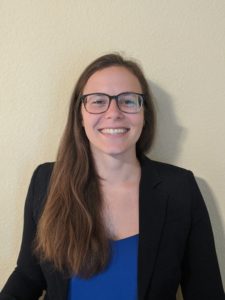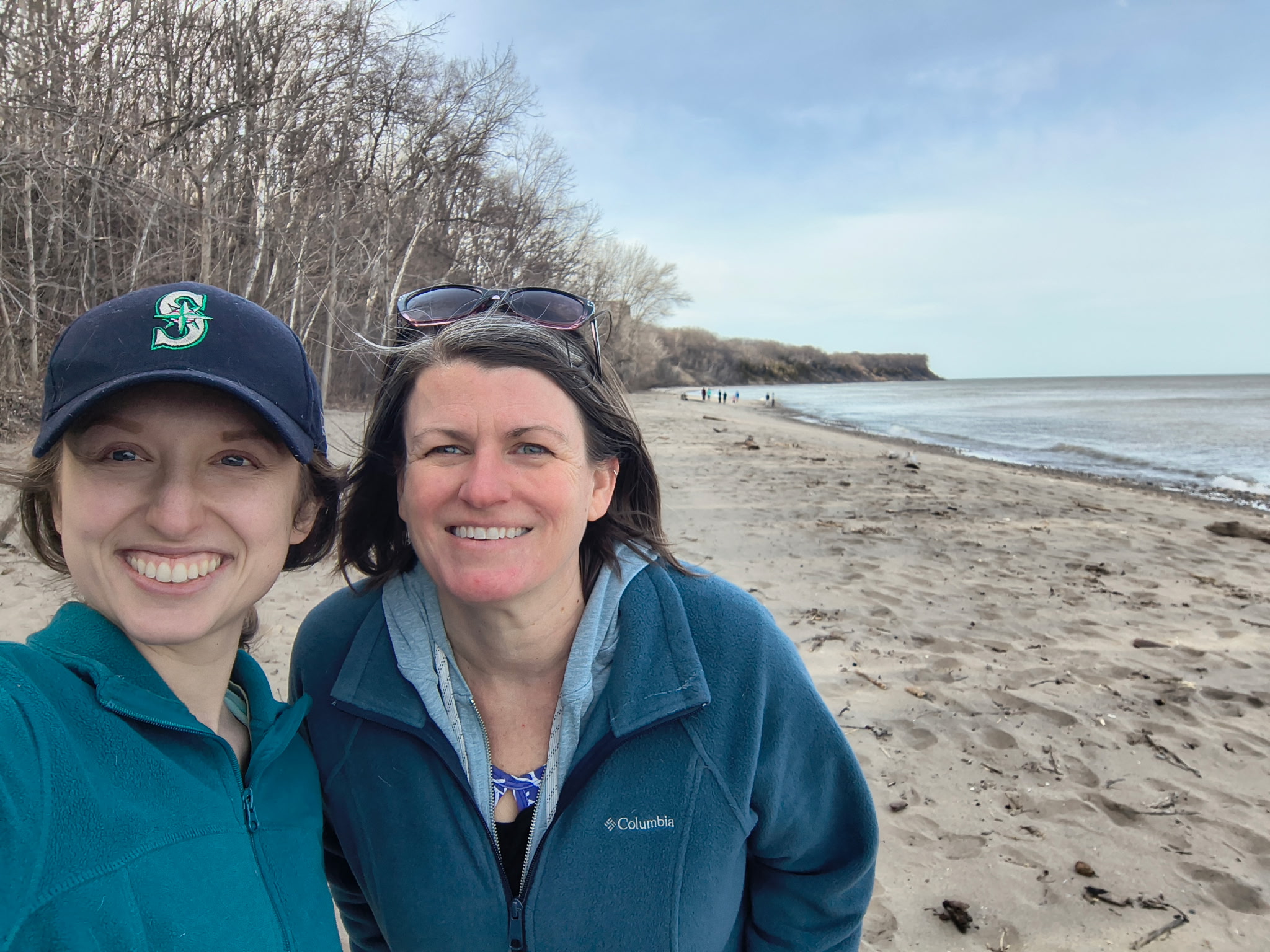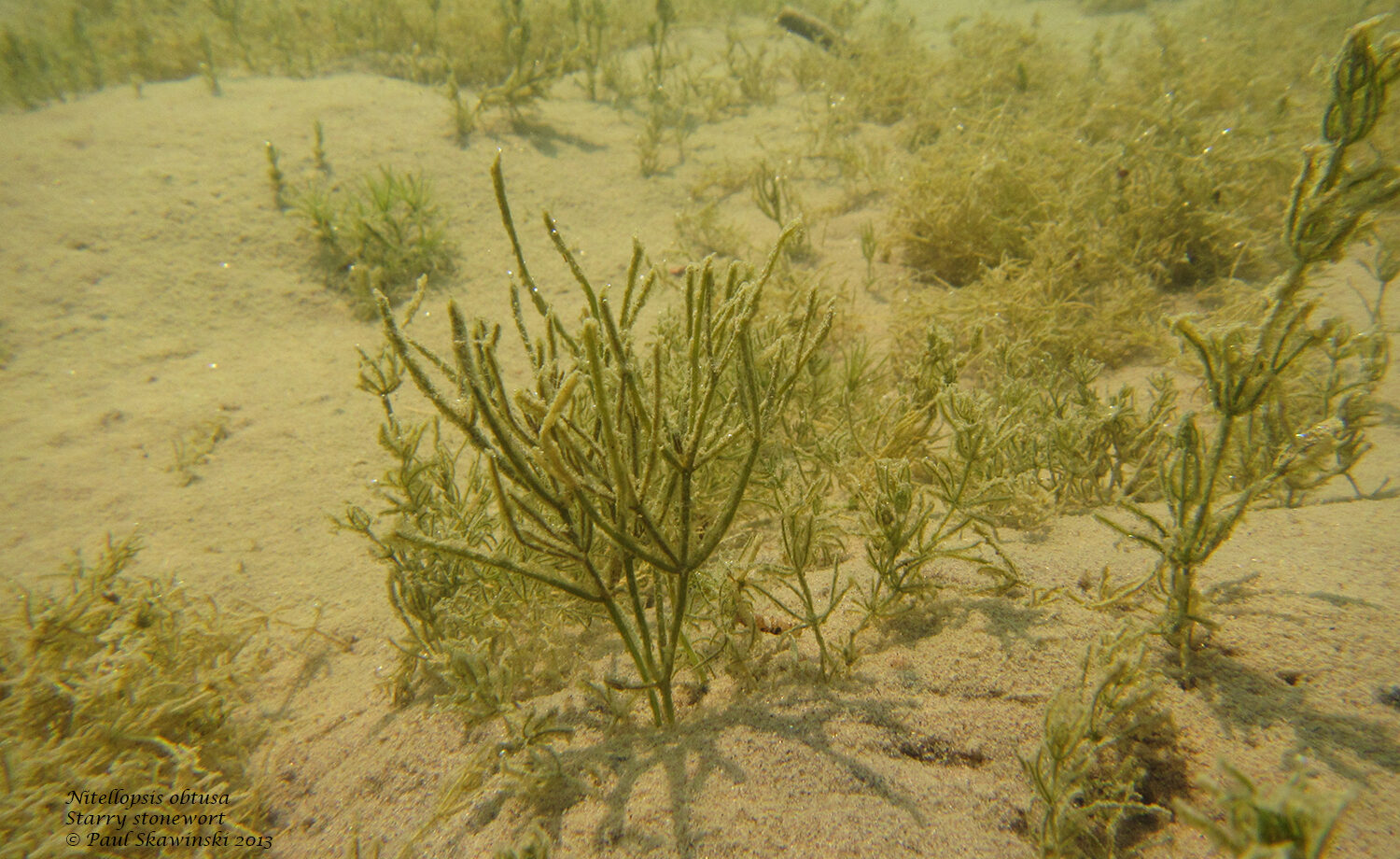By Elise Ertl, University of Wisconsin-Superior
Tackling the challenge of developing resilience in coastal communities across the Great Lakes region is a two-way process that combines both science and policy.
Through the J. Philip Keillor Wisconsin Coastal Management Sea Grant Fellowship, the recipient, Lydia Salus, plans to do just that by building on what past fellows have accomplished, which includes writing and editing a coastal processes manual and outreach to local stakeholders.

Lydia Salus. Submitted photo.
“I am looking for some real-world policy experience to see water management on a broader scale,” Salus said. “There are a lot of different facets and opportunities for water management in Wisconsin, especially being placed between two Great Lakes.”
The fellowship is a full-time, yearlong position that will allow Salus to help communities build coastal resilience and make informed decisions. It places a recent master’s or doctoral graduate alongside mentors who will assist in developing water resource management and technical skills regarding water issues. In this case, Salus will be working closely not only with Sea Grant mentors but also with staff at the Wisconsin Coastal Management Program.
When asked what drew her to this fellowship Salus said, “This fellowship is a lot about actionable science, which is very attractive to me. It is going to allow me to take those technical skills and actually be able to do something with them and give that information to communities who will be able to solve problems and make themselves more resilient to coastal processes.”
During the fellowship, Salus hopes to develop her career and focus her career goals. Previously, she worked as a restoration field technician in southeastern Wisconsin to restore areas anywhere from prairie fields to coasts. Since then, her career goals have been focused on water resource management.
“Often, there is a gap between science and decision making and with this position, one of my goals is to be the bridge for that gap and connect science and decision making, especially in the Great Lakes communities,” Salus said.
During her graduate studies at the University of Wisconsin-Madison, Salus was also presented the opportunity to work with Sea Grant as a project assistant on the Southeastern Wisconsin Coastal Resilience Project. Before that, Salus worked to gain an extensive water resource and environmental science background but said having that direct experience with coastal management with Sea Grant drove her to a new section of water resource management, science and policy, and has launched her into this fellowship.
After completion of the fellowship, Salus wants her “future work to be less about the actual position I have and more about the work that I’ll be doing. I want to be able to connect scientific knowledge to fit the needs of different communities and to help them use that knowledge to make informed decisions about the area they live in.”





